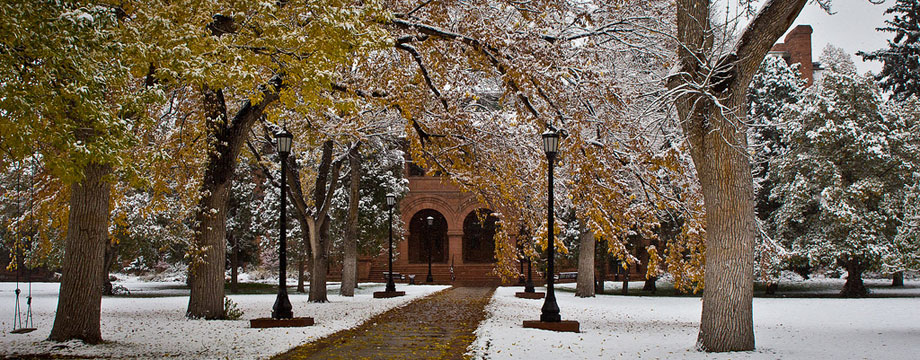Last Friday, the Community Engaged Leadership Cohort read Tania’s article and discussed. Below is a summary of their discussion.
Discussion of the claim that “Service learning becomes a glorified welfare system” if it is done in a de-politicized way
-Can service ever be de-politicized?
-De-politiczed: perpetuating the system because the roles of server/served are fixed
-One time volunteerism does little to reveal or understand systemic cause
-Does this model apply on our campus?
Example of Soup Kitchen
-Should our goal be longevity of the kitchen? Wouldn’t a more appropriate goal be making the soup kitchen obsolete?
-Is current running more about upkeep than change? When does the change stop?
-Providing facts for volunteers to empower them and help them to understand their impact
Why isn’t service work more focused on root causes?
-Tension: how can you hold the big picture while still doing the day-to-day and necessary service (of domestic violence center, soup kitchen, etc.)
Who defines how service needs to be implemented?
Can structural issues and symptoms be separated? Dealing with the symptoms may lead to wanting to fix the structure.
-Benefits of hands on experience
The struggle for faculty to evaluate goodness vs. badness
-Can lead to alienation
-Honing our own purposes and goals while also respecting those of others
-To create learning, you need student to go towards inquiry
Question of privilege:
-Who can ask the questions/have time to read about them/time to volunteer
-Do CC students have an obligation to be agents of social change?
-Is there a difference between being obligated to do social change or to simply “do good?”
-Is being part of the CC economically privileged (generally) community perpetuating class inequality? Can CC be blamed? Can we accept an institution at this level to not be unequal?
-Guilt of privilege can be more paralyzing than ignorance of privilege

